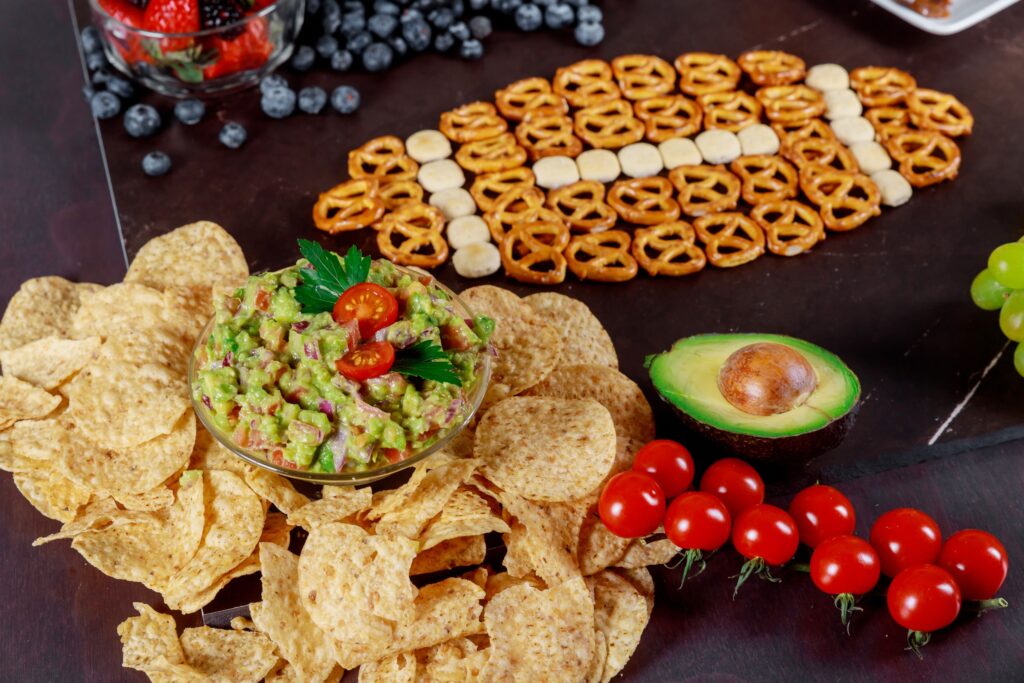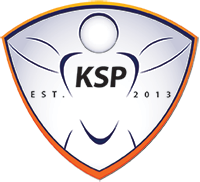
Fueling Your Body for Peak Performance on Game Day
Nutrition is a cornerstone of athletic performance. Game day nutrition, in particular, holds a special significance, requiring careful consideration and strategic planning.
Read on to delve into the differences between standard athlete nutrition and the unique demands that game day imposes on your dietary choices.
Game Day Nutrition vs. Standard Athlete Nutrition
Timing Is Everything
The timing of meals becomes more precise on game day. Athletes need to plan meals strategically to ensure they have sufficient energy stores during the competition. Pre-game meals are timed to prevent discomfort, while post-game nutrition focuses on rapid replenishment to kickstart recovery.
Carbohydrate Emphasis
On game day, there’s a heightened focus on carbohydrates as the primary energy source. Athletes often increase their carbohydrate intake, especially in the pre-game window, to top up glycogen stores for sustained energy throughout the competition.
Hydration Prioritization
Hydration takes center stage on game day. Athletes pay meticulous attention to fluid intake, not just during the competition but also in the hours leading up to it. Dehydration can significantly impact performance, so athletes prioritize maintaining optimal fluid balance.
Strategic Snacking
Game day snacks include quick-digesting carbohydrates that offer an immediate energy boost. Athletes also avoid foods high in protein or fat close to game time to prevent digestive discomfort.
Post-Game Rapid Refuel
Post-game nutrition is all about rapid refueling. Athletes aim to consume a snack or meal within the first hour after the competition, focusing on easily digestible carbohydrates and proteins to kickstart the recovery process.
Common Nutrition Mistakes Young Athletes Make before Competition
As a youth athlete, you are full of passion and energy, ready to give your all on the field. However, even with the best intentions, many young athletes make common nutrition mistakes that can impact their performance. Read on to explore these pitfalls.
Skipping Meals or Snacks
One prevalent mistake among young athletes is skipping meals or snacks, thinking it might help with weight management. However, this can lead to insufficient energy levels, fatigue, and decreased focus on the field. Instead, prioritize regular, balanced meals and snacks to sustain energy throughout the day.
Relying on Unhealthy Convenience Foods
The fast-paced lifestyle of young athletes often tempts them to opt for quick, convenient foods that are high in sugars, saturated fats, and empty calories. These choices can result in a spike and subsequent crash in energy levels. Choose nutrient-dense snacks and meals, such as whole grains, lean proteins, and fruits.
Ignoring Hydration
Proper hydration is crucial for optimal athletic performance, but many young athletes underestimate its importance. Dehydration can lead to fatigue, cramps, and impaired cognitive function. Ensure consistent water intake throughout the day, especially in the hours leading up to competition.
Overlooking Pre-game Timing
Timing matters when it comes to pre-game nutrition. Eating too close to the competition can lead to discomfort, while consuming a meal too far in advance may leave athletes feeling hungry. Aim for a well-balanced meal 2-3 hours before the game and a light snack 30-60 minutes before to ensure a steady release of energy.
Excessive Consumption of Sugary Sports Drinks
While sports drinks can be beneficial in certain situations, some young athletes rely on them excessively. These drinks are designed for specific scenarios, such as prolonged or intense exercise, and unnecessary consumption can lead to excessive sugar intake. Water remains the best choice for most hydration needs.
Lack of Variety in Nutrition
Consuming the same foods every day can lead to nutrient deficiencies and imbalances. You should diversify your diet to ensure you get a broad spectrum of vitamins, minerals, and other essential nutrients. This helps support overall health and athletic performance.
Experimenting with New Foods on Game Day
Trying new foods on game day is a risky move. Unfamiliar foods can cause digestive discomfort or allergic reactions. You should experiment with new foods during training to understand how your body responds. Stick to familiar, well-tolerated options on game day.
A Winning Game Day Fueling Plan for Athletes
Read on for a sample game day nutrition strategy, from the night before to post-game recovery! Please be mindful of any allergies you may have, ensuring that the recommended options align with your dietary needs.
The night before the big game sets the stage for your nutritional preparation. Your dinner options include a teriyaki chicken rice bowl featuring 1-2 cups of brown rice, 4-6 oz of chicken, mixed vegetables, and low-fat milk. Alternatively, you can opt for spaghetti and meat sauce with 1-2 cups of whole wheat pasta, 1 cup of spaghetti sauce, a salad with low-fat dressing, and Italian bread. For a different choice, consider soft tacos made with 3-4 whole wheat tortillas, 3-4 oz of lean ground meat, or grilled chicken, beans, and cheese.
As you plan your evening snacks, be sure to choose options that align with your preferences and dietary requirements. Options include a peanut butter sandwich, low-fat popcorn, yogurt parfait, pretzels with string cheese, cereal with milk, trail mix, a granola bar, or a banana with peanut butter.
Four hours before the game, focus on a pre-game meal designed to sustain your energy levels. You might choose grilled chicken with 3-4 oz of grilled chicken, a sweet or baked potato with toppings of your choice, and 1 cup of vegetables. Another option is a grilled fish sandwich with 3-4 oz of grilled fish, 1-2 cups of mashed potatoes, baked Lays or pretzels, and 1 cup of vegetables. If you prefer, a ham, turkey, chicken, or roast beef sandwich on whole wheat bread with 3-4 oz of your chosen meat, 1-2 cups of rice, baked Lays or pretzels, and 1 cup of vegetables can be a satisfying choice.
One hour before the game, focus on a pre-game snack, avoiding foods high in protein or fat to prevent digestive discomfort. Options include a peanut butter sandwich, pretzels or crackers, fruit, or a granola bar. However, during game time, always keep in mind the three R’s: Refuel, Rehydrate, and Replenish.
Post-game, prioritize refueling within 15-60 minutes after exercise. Have a snack within this window and aim for a well-balanced meal 1-2 hours following exercise. Post-game meal options include roast beef with 1-2 cups of brown rice, mixed vegetables, and low-fat milk.
Alternatively, you can choose a grilled chicken sandwich with 1-2 cups of whole wheat pasta, a salad with low-fat dressing, and Italian bread. Another option is whole wheat pasta with 3-4 whole wheat tortillas, 3-4 oz of lean ground meat, or grilled chicken, beans, cheese, corn, lettuce, and tomato.
At Kinetic Sports Performance and Football University, our expert coaches can help you reach new heights in football. Contact us today to learn more!
